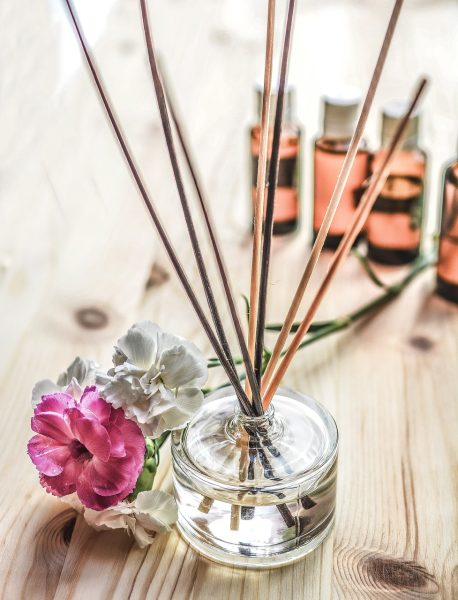 In our modern world, artificial fragrances have become an integral part of our daily lives. From perfumes and colognes to scented candles and air fresheners, these pleasant aromas are designed to enhance our sensory experiences. However, the convenience and allure of artificial fragrances raise concerns about their potential impact on human health. This article explores the complex relationship between artificial fragrances and health, shedding light on the potential risks and offering insights into making informed choices.
In our modern world, artificial fragrances have become an integral part of our daily lives. From perfumes and colognes to scented candles and air fresheners, these pleasant aromas are designed to enhance our sensory experiences. However, the convenience and allure of artificial fragrances raise concerns about their potential impact on human health. This article explores the complex relationship between artificial fragrances and health, shedding light on the potential risks and offering insights into making informed choices.
The Rise of Artificial Fragrances:
Artificial fragrances have become pervasive in various consumer products, including personal care items, cleaning products, and even some food items. These synthetic scents are formulated to mimic natural fragrances, providing a consistent and long-lasting aroma. The allure of these fragrances lies in their ability to evoke emotions, enhance product appeal, and create a pleasant environment.
Chemical Composition:
The composition of artificial fragrances is often a closely guarded trade secret, making it challenging for consumers to know exactly what chemicals they are exposed to. Many synthetic fragrances contain a complex mixture of chemicals, including phthalates, formaldehyde, benzene derivatives, and other volatile organic compounds (VOCs). These chemicals are known to contribute to the characteristic scent of the product but may have unintended consequences for human health.
Health Concerns:
- Respiratory Issues: Some chemicals present in artificial fragrances, such as VOCs, can contribute to indoor air pollution. Prolonged exposure to these pollutants has been linked to respiratory issues such as asthma, allergies, and other respiratory conditions.
- Skin Sensitivities: Fragrances are a common cause of skin irritation and allergies. The chemicals in artificial fragrances can disrupt the skin’s natural barrier, leading to conditions like dermatitis or contact dermatitis in susceptible individuals.
- Endocrine Disruption: Phthalates, often found in synthetic fragrances, are known endocrine disruptors. These chemicals can interfere with the body’s hormonal balance, potentially leading to adverse effects on reproductive health and development.
- Headaches and Migraines: Strong artificial fragrances have been reported to trigger headaches and migraines in sensitive individuals. The inhalation of certain chemicals may impact the nervous system, leading to these discomforts.
- Environmental Impact: The production and disposal of synthetic fragrances contribute to environmental pollution. The chemicals used in these products may persist in the air, water, and soil, impacting ecosystems and wildlife.
Making Informed Choices:
- Choose Natural Alternatives: Opt for products that use natural essential oils as fragrance sources. These oils are derived from plants and provide a safer alternative to synthetic fragrances.
- Check Labels: Familiarise yourself with the ingredients in products by reading labels. Choose products with transparent labeling that discloses the specific components of the fragrance.
- Limit Use in Enclosed Spaces: Be mindful of the use of strongly scented products in confined spaces, as this can increase exposure to potentially harmful chemicals.
- Ventilation: Ensure proper ventilation in indoor spaces to reduce the concentration of airborne pollutants. Open windows and use air purifiers to improve air quality.
While artificial fragrances add a sensory dimension to our lives, it’s crucial to be aware of their potential impact on health. By making informed choices and opting for products with transparent labeling and natural fragrance sources, individuals can mitigate potential risks. As consumers become more discerning, there is an increasing demand for safer alternatives, encouraging manufacturers to prioritise health and environmental considerations in the formulation of fragrances. Ultimately, striking a balance between enjoying pleasant scents and safeguarding our well-being is key to a healthier and more fragrant future.
Aiyana Fragrance, Aramis Mens Cologne, Citrus Room Freshener are all fantastic alternatives – check them out.